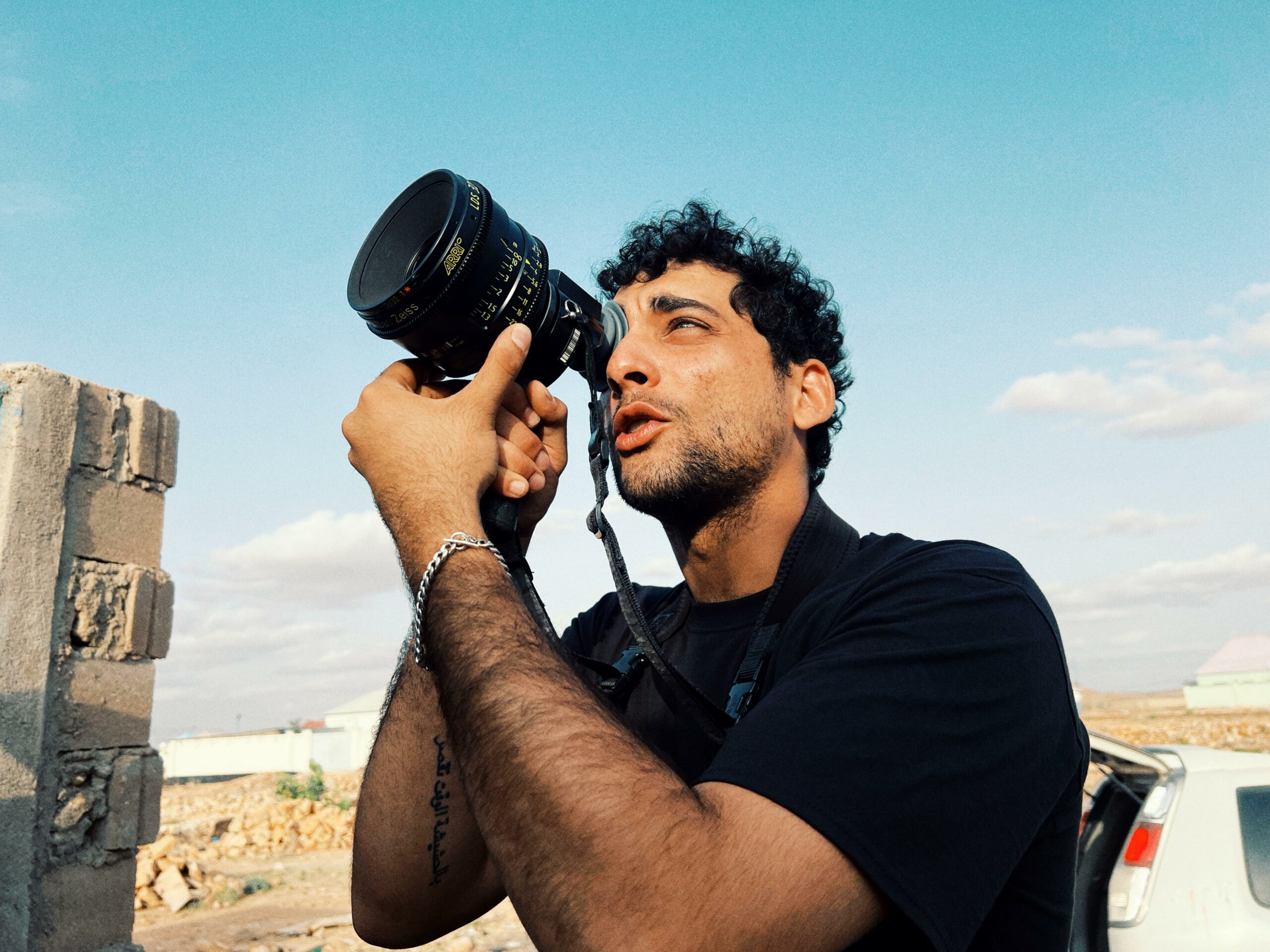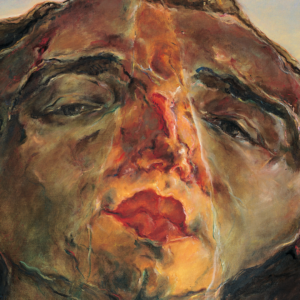The red carpet at Cannes recently unfurled to welcome “The Village Next to Paradise,” an intimate portrayal of a Somali family, set against the stark beauty of the desert landscape. It is the first film entirely shot in the country to be featured at Cannes. This historic premiere was a triumphant moment for Somali cinema, a nation long underrepresented on the global film stage. The film’s evocative imagery and raw emotional power owe much to the creative vision of Egyptian cinematographer Mostafa El Kashef.
Born in Cairo into a family with a storied past in cinema, El Kashef’s passion for filmmaking was ignited early on. The legacy of his father, the celebrated Egyptian director Radwan El Kashef, a “revolutionary and a visionary,” illuminated his path, exposing him to a diverse range of films and instilling a deep appreciation for visual storytelling that would stay with him for life. “My father used to take me to the cinema at least once or twice a week,” El Kashef recalls. “I grew up around filmmakers, musicians, painters… people who talked about art and revolution.”
This fertile environment, where creativity and intellectual discourse danced and intertwined, nurtured a young El Kashef’s artistic sensibility, coaxing a passion that would soon find its outlet in the world of cinematography. His father’s words, “Live your life, you’re gonna create cinema. If you don’t live life, you’ll never create cinema,” stayed with him all these years, encouraging him to “live life” as a prerequisite for creating meaningful cinema.
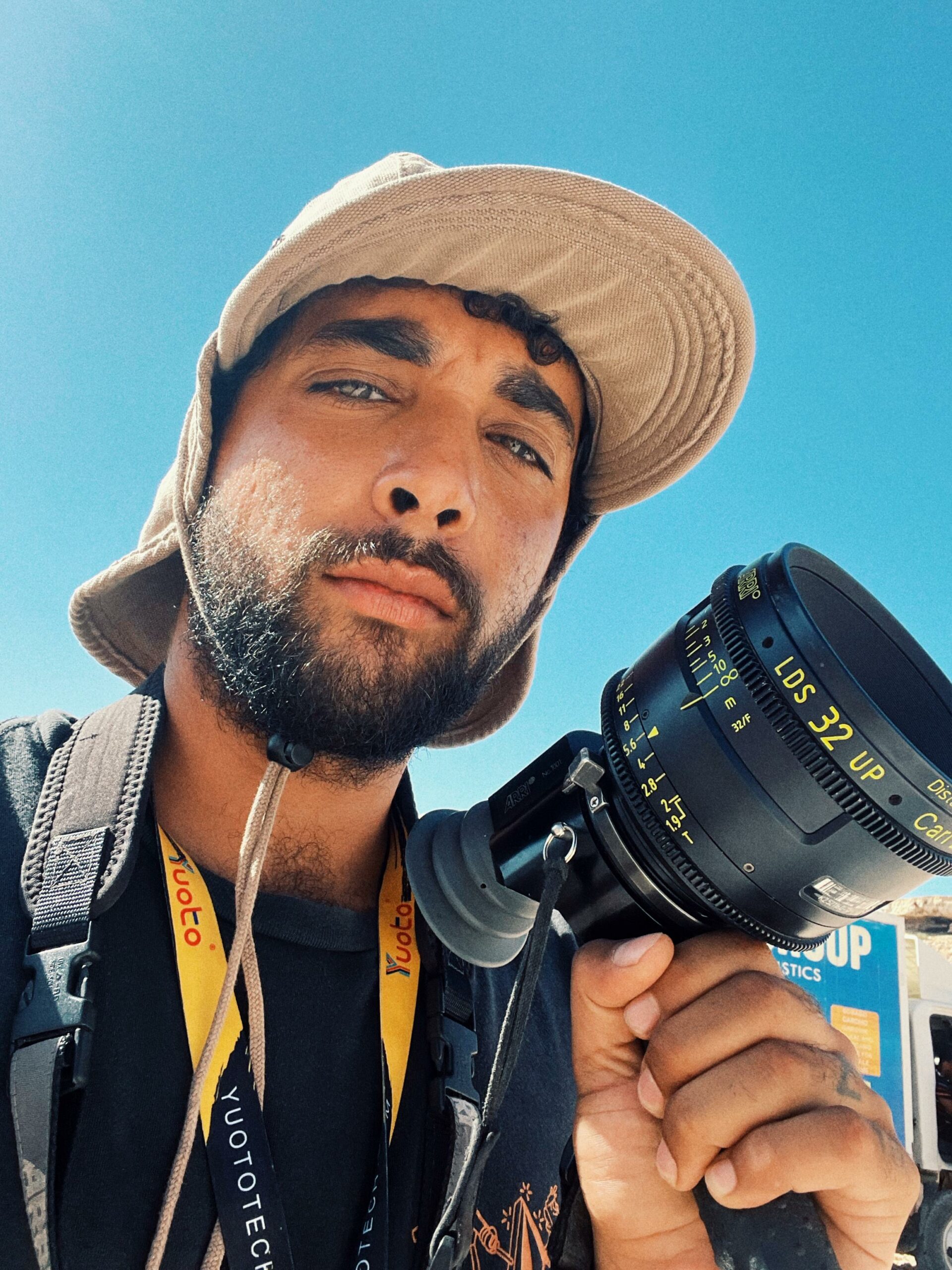
“Nothing could stop my father from expressing himself,” he reflects. Radwan El Kashef’s stanch commitment to artistic freedom, his belief in the power of cinema to spark dialogue and challenge societal norms, deeply influenced his son’s approach to filmmaking.
El Kashef’s formal education in cinematography began at E.I.C.A.R. film School in Paris, where he immersed himself wholly in the theoretical and philosophical foundations of filmmaking. However, it was his return to Egypt and the hands-on experience gained on film sets that truly solidified his practical skills and nurtured his distinct style. Returning to his homeland, he went deep into the world of film sets, learning the ropes and honing his craft. “Egypt is a hard place to learn,” he admits, “you have to be patient and passionate, and you have to be socially smart to get your way through.”
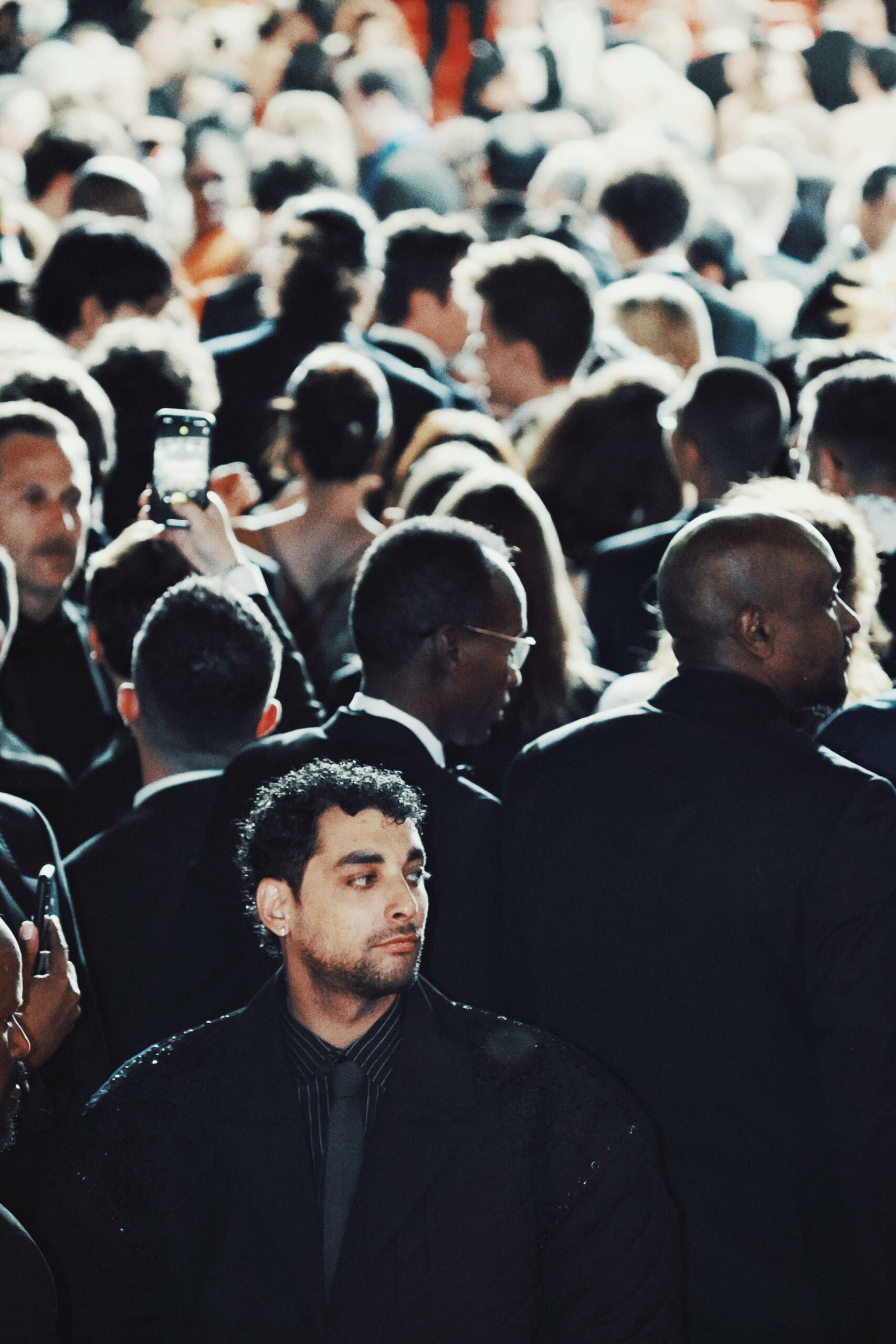
The theoretical rigor of Paris to the practical dynamism of Cairo, the contrast between theory and practice, the diverse cultures and perspectives he encountered, all contributed to shaping his unique cinematic style. A style he describes as “portraying reality at its darkest image and its most beautiful image.”
His early work as a photographer, often capturing dark and gritty images, evolved into a cinematic style that gravitates towards harsh truths and hidden stories. He finds “pleasure and satisfaction whenever we are telling the harsh truth about people or places,” seeking out stories that are haunting and linger in the viewer’s mind.
This duality permeates his work. His films are not mere visual spectacles, but rather poignant reflections of the human condition, delving into the complexities of existence and, more specifically, the struggles faced by marginalized communities. This is particularly true of “The Village Next to Paradise,” a film that El Kashef describes as “a connection with reality, yet we are recreating reality with our own eyes.”
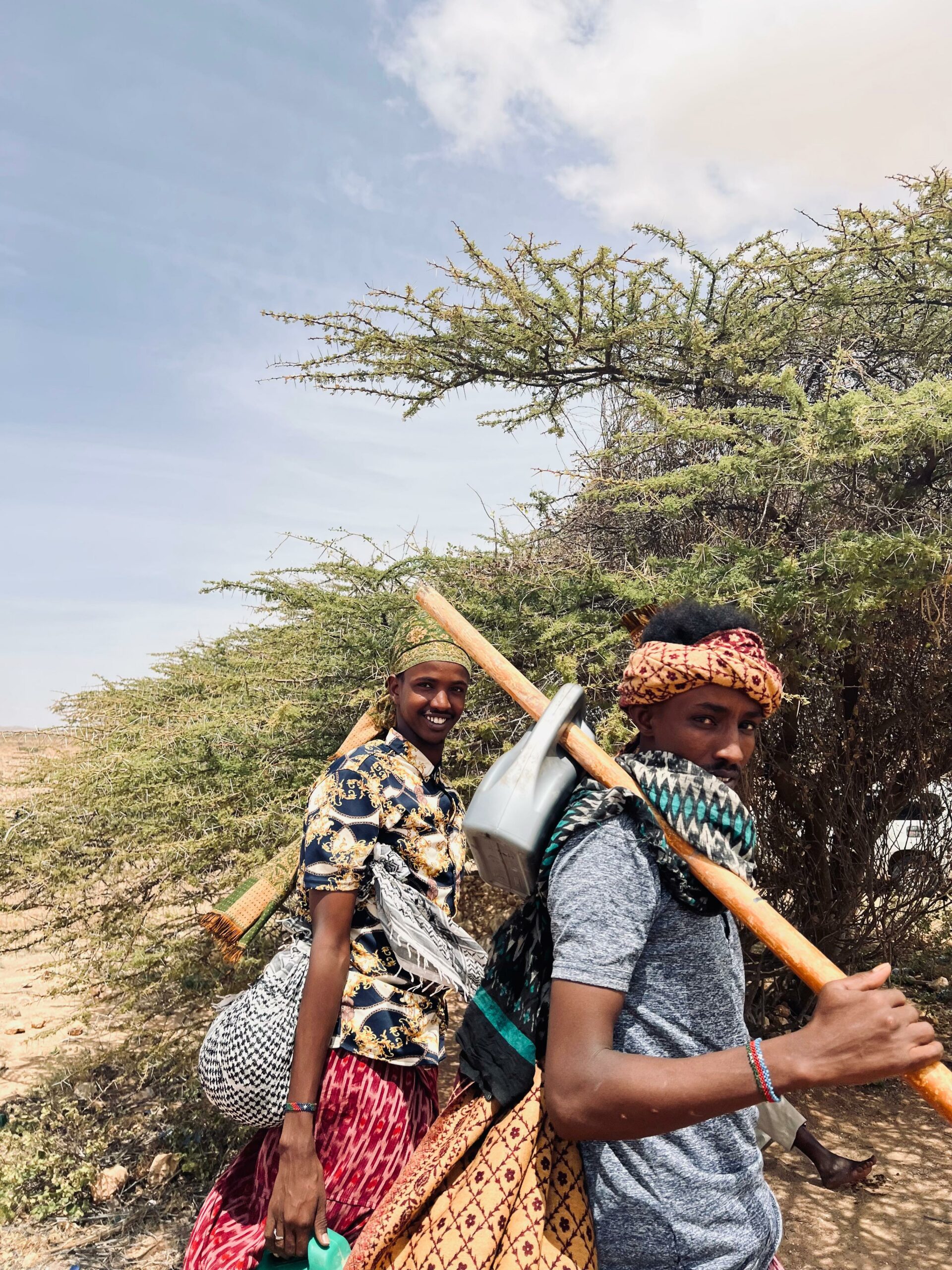
El Kashef’s collaboration with director Mo Harawe on “The Village Next to Paradise” was a culmination of years of shared passion and a commitment to telling unheard or hidden stories.
The film’s journey to Cannes was not without its challenges. The shooting conditions in Somalia were harsh, the weather extreme, and the cultural context unfamiliar. Yet, El Kashef embraced these challenges, using his ingenuity and resourcefulness to create a film that is both visually stunning and emotionally resonant. “Somalia was a game changer and life changing,” he says. “I was taught to be simple, to just be.”
“The city is tough to live in and also very dangerous, at least for people who are not living there. The first four days there was a war happening between two different clans, gunfire was everywhere in the city so it was quite an experience.”
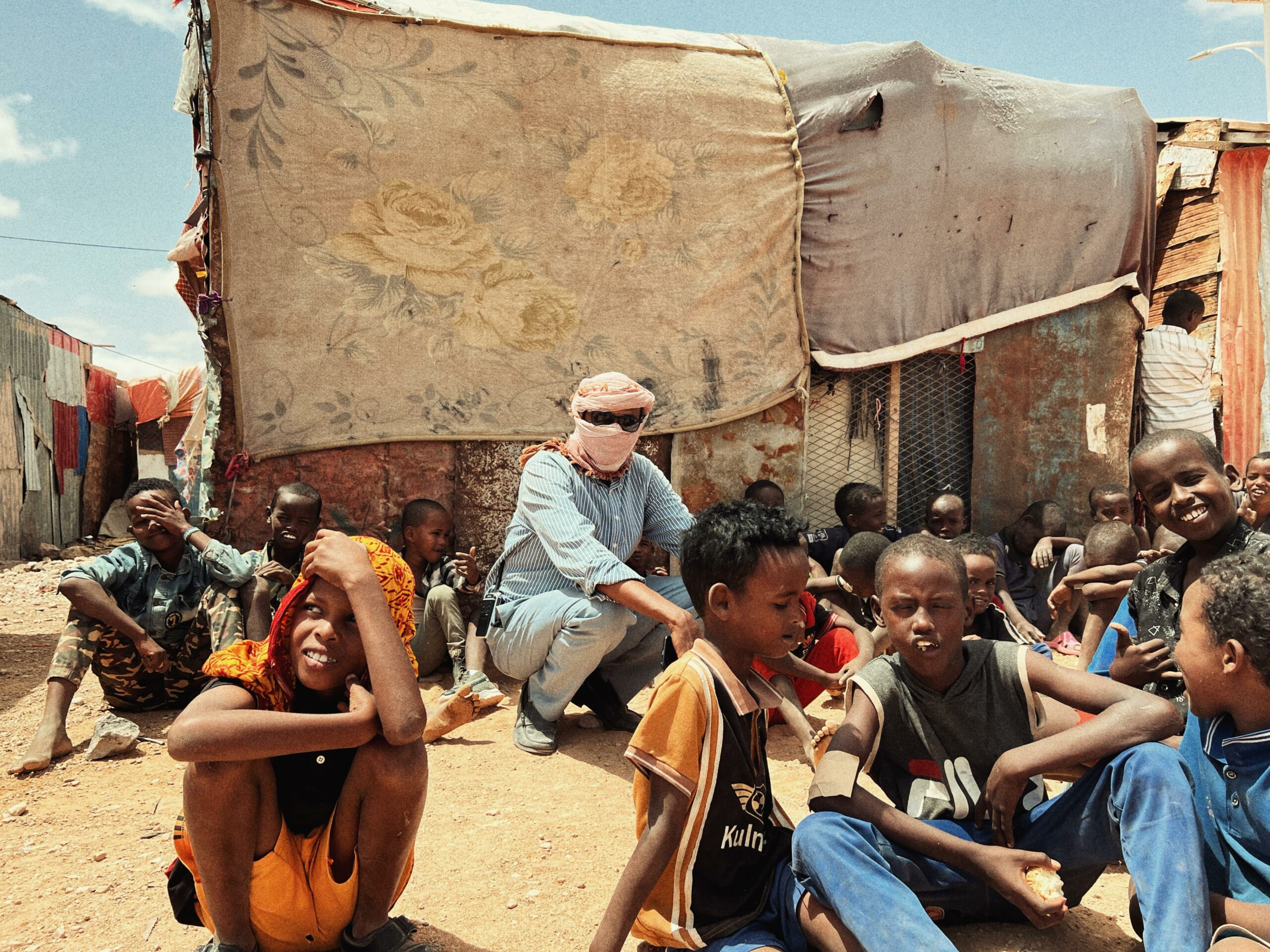
Despite the challenges, El Kashef found beauty and inspiration in the Somali landscape and its people. The experience of working with a diverse crew and teaching them the intricacies of filmmaking was a rewarding one. “It was very interesting because that’s the first ever feature film to be shot in Somalia,” he explains. “It was new for them, so me and Mo were teaching the crew how a film set works and that actually felt more than just doing a film, it felt that we were passing our skills and knowledge to other people in other places and that was the important part of it.”
In “The Village Next to Paradise,” El Kashef sought to capture the heart and soul of Somalia, portraying a family’s struggles against the backdrop of a nation’s tumultuous history. “The portrait of a family in a village somewhere in the Somalian desert…it is the fate of Somalia itself which contributes to their problems, both small and large, experienced by this family,” El Kashef explains. Drawn to stories that are often overlooked, he saw an opportunity to illuminate the lives of ordinary Somalis and reveal the hidden beauty of their culture. He describes the film as “a kaleidoscope of life in Somalia, with undertones both melancholy and existentialist.”
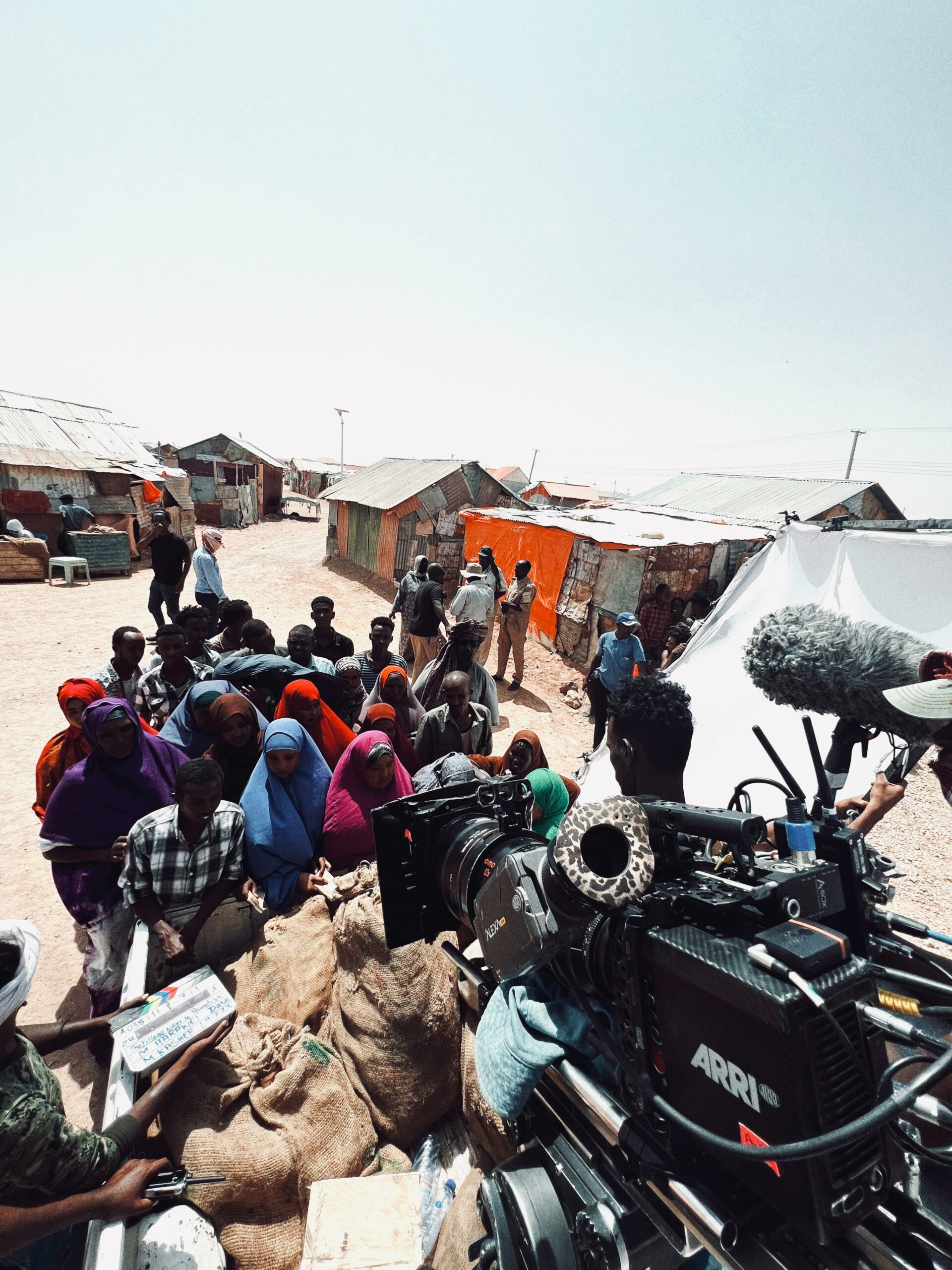
For El Kashef, this project was more than just a film. It was a mission to document and express the resilience of the human spirit in the face of adversity. “I find it very important to share this because I want people to know how films are very important in society and how they reflect people’s life and can be revolutionary physically and emotionally!” He believes that film is a powerful tool for social change, a medium that can inspire, educate, and ultimately transform lives.
He is a seeker of truth and beauty, a visual storyteller who “roams to find the good, the ugly, find life, death, love, misery and show it to the world as it is and sometimes how we wish it was.” The camera is his “saviour,” his tool for capturing the essence of life in every corner of the world.
He aspires to shoot in places no one has shot before, to experiment with new techniques, and to continue telling stories that challenge, inspire, and illuminate the human experience.
Mostafa El Kashef is proud to be the first cinematographer to shoot a Somali film in Somalia and hopes his work will inspire a new generation of filmmakers from the region to “get out of their comfort zone and seek working with different cultures and talents across Africa and the Middle East.”
He envisions a future where Egyptian cinema continues to flourish on the global stage. “My aspiration for the future of Egyptian cinema, particularly films, is to see increased involvement in international festivals over the years to showcase our stories and art globally,” he states. El Kashef’s own production company, QAA’23 Films, is a testament to his commitment to supporting independent artists and telling stories that challenge the status quo. The company’s vision is to spread stories that make people feel, think, and rebel against injustice.
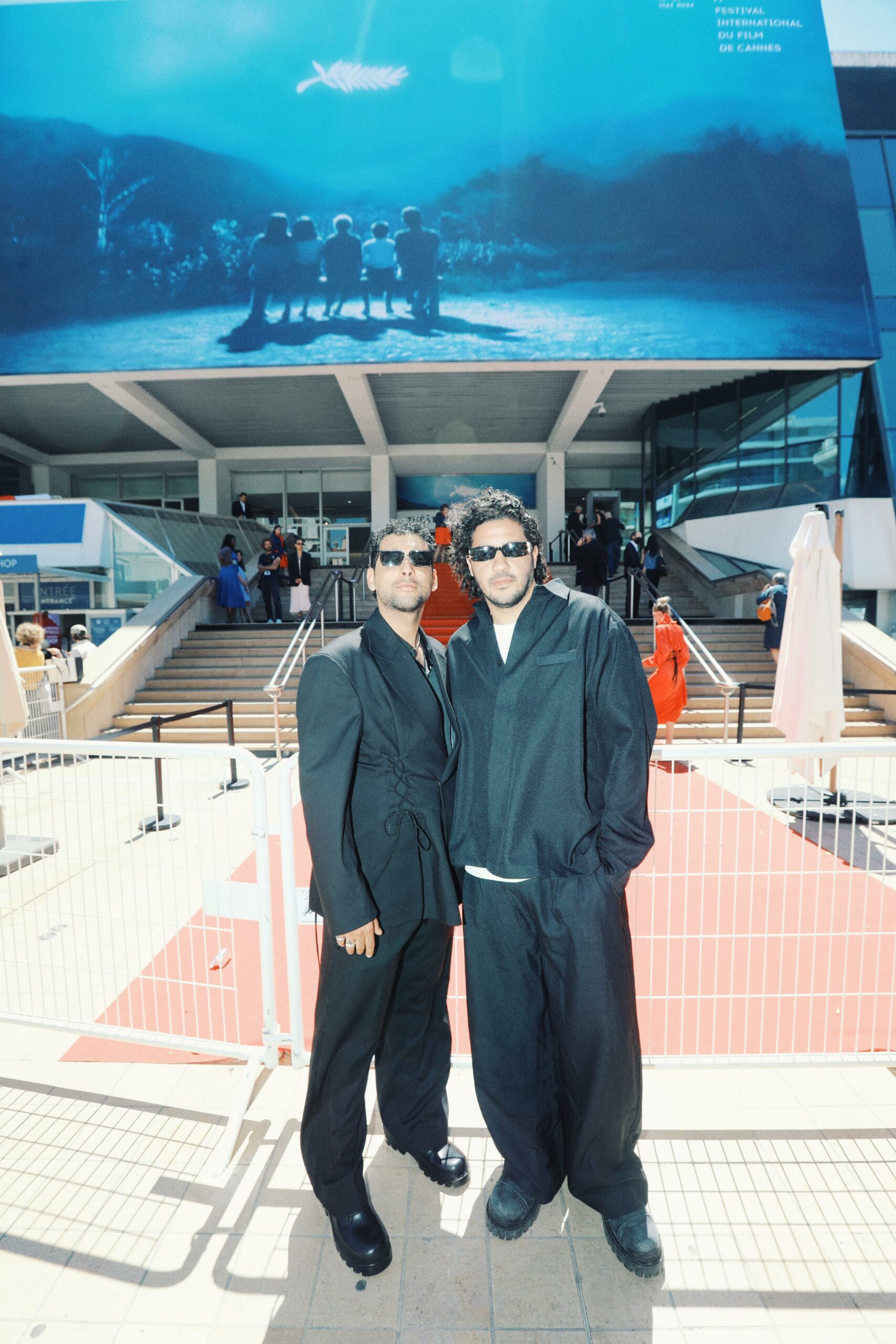
As he continues to illuminate untold stories and capture the essence of the human experience through his lens, the world eagerly awaits the next chapter in his extraordinary career. “I don’t do films to get awards or go to festivals,” he insists. “For me, as long as the film is screened anywhere for people to watch, that’s what is important, not the awards.”
For Mostafa El Kashef, his lens is a window into the world’s hidden corners, offering a glimpse into the lives of those often overlooked.
For more stories like this interview with Mostafa El Kashef, head to our dedicated Art & Culture coverage here.
